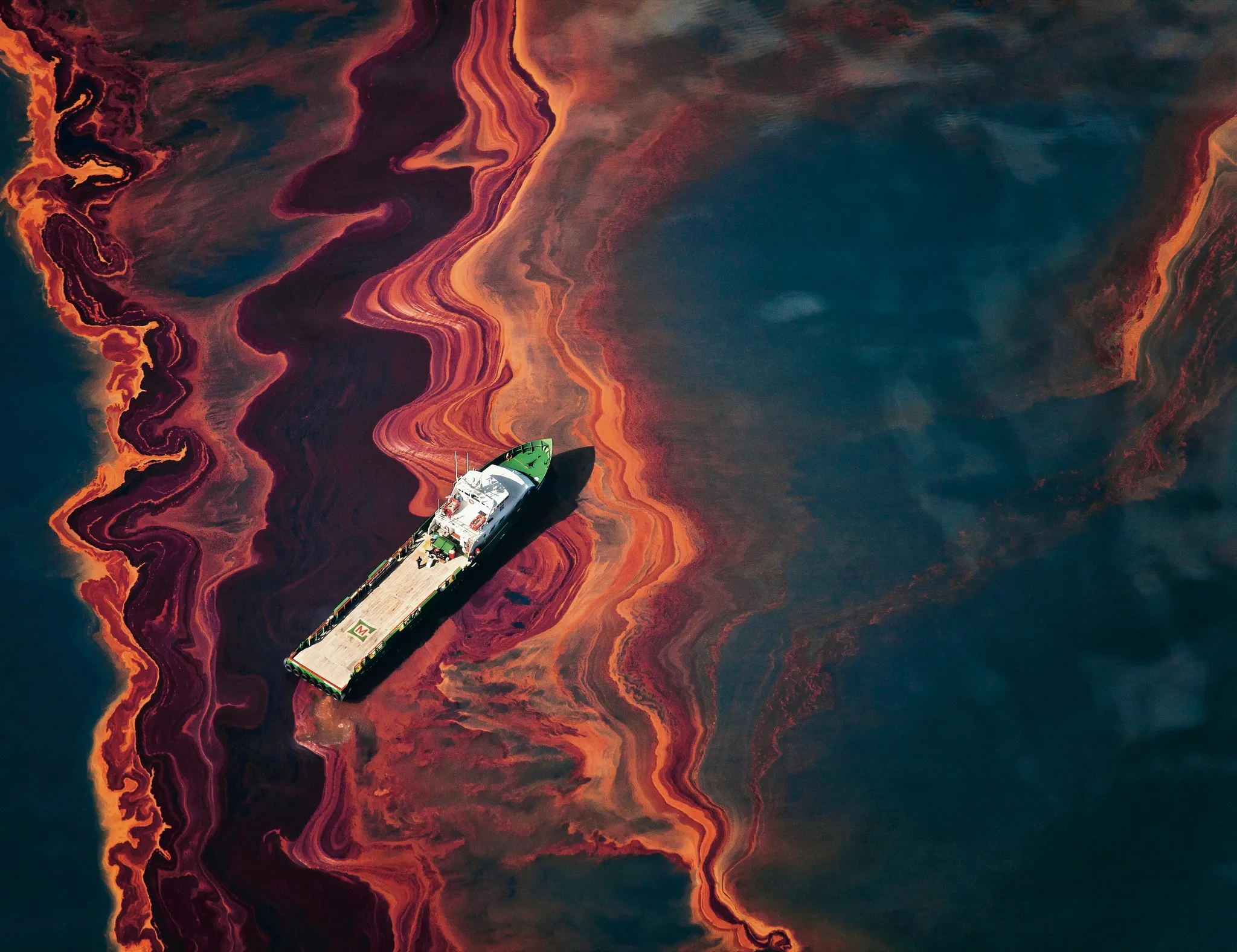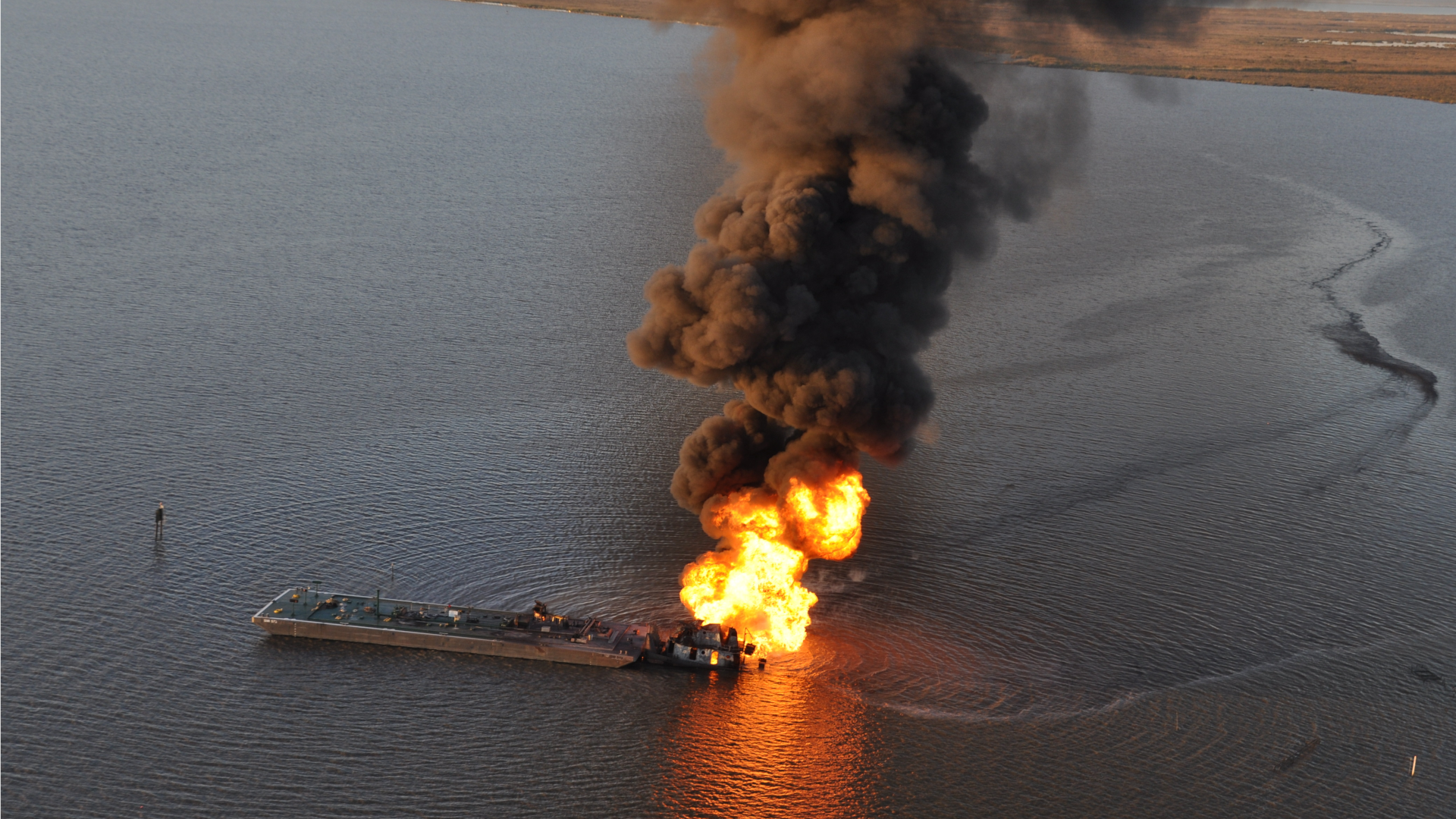The road to legislation
The law was first proposed by 12 lawyers in 2021 and presented by Stop Ecocide International. However, it was not until last year that the European Parliament began discussing how to write ecocide into EU law.
The new ruling lists a number of actions as ‘comparable to ecocide’, stating that pollution, water abstraction, and ship recycling all fall under this category. Introducing invasive or alien species and destroying the ozone layer are also included in the directive.
While these are great places to start, those advocating for the law’s implementation have not held back on pointing out its shortcomings. For now, it still does not address overfishing, exporting toxic waste to developing countries, or carbon market fraud.
Ruth-Marie Henckes, Biodiversity Campaigner at Greenpeace told The Brussels Times:
‘We would have liked to have seen a broader application of the law to deter all types of serious nature destruction (such as also large-scale water pollution or illegal deforestation), but this law already gives us the means in some cases to make those responsible pay for the consequences of their crimes, for example in the case of a shipwreck of an oil tanker in the North Sea.’
So, it’s a start, especially because the law holds employees of major corporations as culpable when their business ventures result in environmental destruction – something that has been difficult to do with previous frameworks.

How will individuals be held accountable?
Though individuals have typically hidden themselves behind corporations, the new European law will find employees capable of preventing ecocide accountable for their lack of action.
Important decision-makers, including CEOs and board members found guilty of committing environmental crimes, can receive a fine of €1.6 million and prison sentences of up to 8 years. This sentence could rise to 10 years if the crime results in the death of any person.
Previous national and EU laws were only able to punish environmental crimes when they were illegal. As long as a corporation had followed its permit conditions, it could not be held accountable for any destruction that took place.
For example, the global chemical industry has historically been granted permission to empty wastewater into local waterways. This pollutive practice exposes those reliant on local water to substances which we now know are toxic to the environment and harmful to human health.
The new ecocide law would force companies operating in the EU to discard these permits and stop dumping their toxic chemical waste into our waterways – and face the consequences if they do not.
In a further conversation with the Brussels Times, Ruth-Marie Henckes said, ‘a crime against nature is by definition a crime against all of us. The recognition of ecocide in criminal law is a milestone in the recognition of nature’s rights.’
The next stage is to get the International Criminal Court to recognise ecocide as unlawful so that the policy can be applied to all countries around the world. We’ll be staying tuned for what comes next.






















